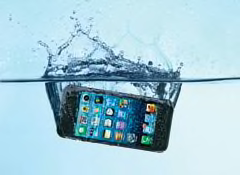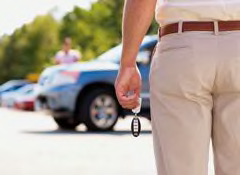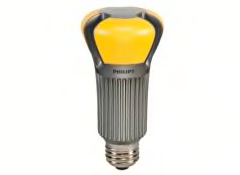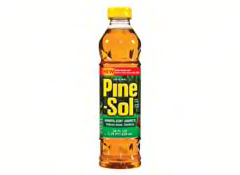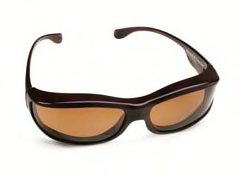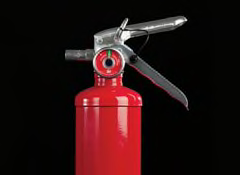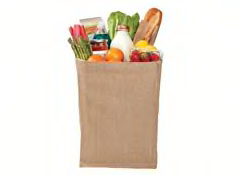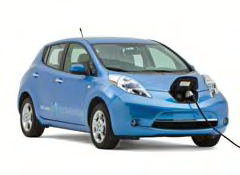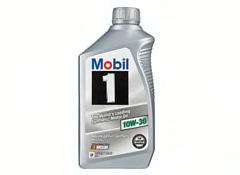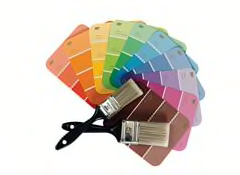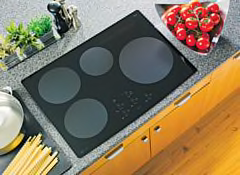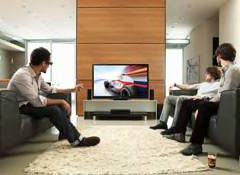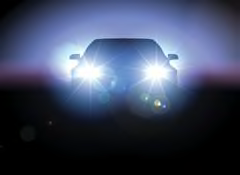Ad-free. Influence-free. Powered by consumers.
The payment for your account couldn't be processed or you've canceled your account with us.
Re-activateDon’t have an account?
My account
Other Membership Benefits:
Suggested Searches
Cars
Car Ratings & Reviews
Car Buying & Pricing
Car Maintenance & Repair
Key Topics & News
Home & Garden
Bed & Bath
Lawn & Garden
Home Improvement
Home Safety & Security
Appliances
Small Appliances
Laundry & Cleaning
Heating, Cooling & Air
Electronics
Home Entertainment
Home Office
Smartphones & Wearables
Digital Security & Privacy
Take Action



















